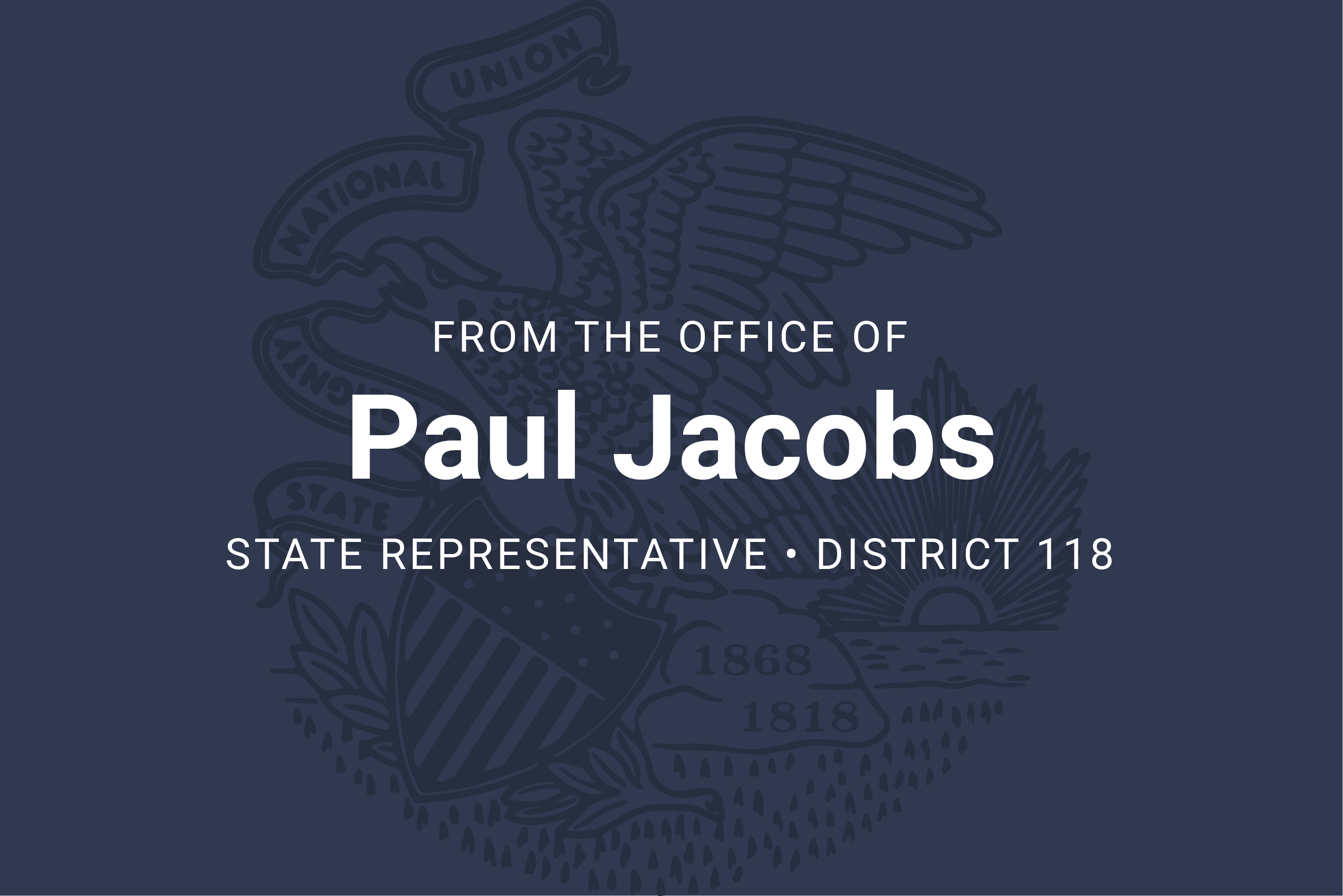Small businesses in Illinois face numerous financial challenges, including having to pay an annual franchise tax. The franchise tax is actually three separate taxes, all based on paid-in capital. Paid-in capital is the money investors pay in return for their shares of stock. The paid-in capital is neither revenue nor net worth, it is the equity capital used to build a business.
Under the law in 2019, the annual and initial taxes required payments of a minimum of $25 and maximum of $2 million. Legislation advanced by the Republicans, passed by the General Assembly and signed by Gov. JB Pritzker in June 2019 called for phasing out the franchise tax, with total elimination of the tax by 2024; however, in 2021, this legislation was repealed by Democrats. The three components of the franchise tax took $170 million out of employers’ pocketbooks in FY22, which amounted to 0.34 percent of general fund revenues.
The franchise tax is seen by most economists, including economists favorable to the public sector and its spending needs, as an archaic tax. Research shows that only 16 states currently impose a franchise tax, and of those at least two (Connecticut and Mississippi) are in the process of phasing out their taxes. Complying with franchise tax requirements in Illinois saddles small businesses that already have limited resources with more needless red tape. This tax can also put small businesses in Illinois at a competitive disadvantage compared to businesses in neighboring states due to higher operating costs, which in turn, can make it harder for small businesses to attract investment or retain talent.
At the time the franchise tax was enacted in 1872 in Illinois, corporations did not pay a corporate income tax. The franchise tax was a way for corporations and their shareholders to pay for the relatively new legal protections and legal standings granted them by the state, and paid-in capital was one of the few possible bases for the tax. Today, in contrast to 1872, corporations are subject to a wide variety of Illinois taxes. The Illinois corporate tax burden includes (but is not limited to) the corporate income tax, property taxes and utility taxes.
Illinois House Republicans have fought for the elimination of the franchise tax for many years, and it was on schedule to be eliminated by 2024, until the Democrats and Gov. Pritzker broke the promise made in 2019 and took steps to re-establish the tax. House Republicans will continue to introduce legislation and fight to get this tax eliminated.
“House Republicans have introduced reasonable reforms to help make Illinois a pro-growth state where businesses and families can grow,” stated Rep. Dan Ugaste (R- Geneva). “Small businesses face many challenges in our state, and when our tax burden is one of the highest in the nation, accompanied by unnecessary regulation, we put our businesses and our State at a great disadvantage. This tax extends an especially high burden on small businesses.”
“The tax burden on our small businesses is substantial,” added Rep. Jennifer Sanalitro (R-Hanover Park). “It prevents us from both creating an environment that attracts new investment while also preventing us from lowering costs for our state’s existing businesses.”
https://www.thecaucusblog.com/2023/06/what-is-franchise-tax-and-how-does-it.html

